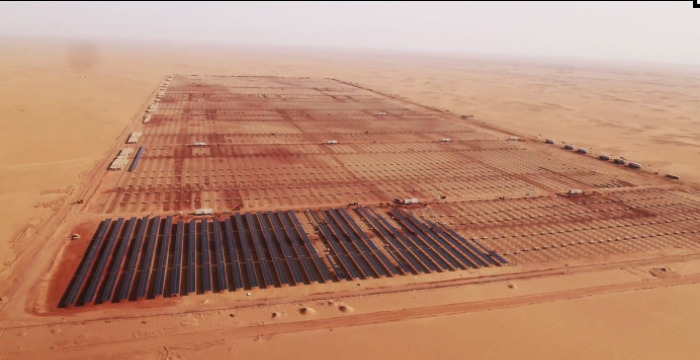
Streamlining red tape, ditching subsidies for bill payers and improving investment conditions could see Egypt become a multi-GW market for solar.
That’s according to a new report by the International Renewable Energy Agency (IRENA) published on Tuesday. The Renewable Energy Outlook: Egypt report sets an ambitious path, beyond the government’s goal to source 42% of its electricity from renewables by 2035. IRENA forecasts that this figure could reach 53% by 2030, under the right conditions.
Unlock unlimited access for 12 whole months of distinctive global analysis
Photovoltaics International is now included.
- Regular insight and analysis of the industry’s biggest developments
- In-depth interviews with the industry’s leading figures
- Unlimited digital access to the PV Tech Power journal catalogue
- Unlimited digital access to the Photovoltaics International journal catalogue
- Access to more than 1,000 technical papers
- Discounts on Solar Media’s portfolio of events, in-person and virtual
The report estimates that the country could trim US$900 million from its energy bills annually if it can find a way to attract US$6.5 billion of annual investment for renewable energy projects.
Egypt has 3.7GW of renewables installed at present including 0.9GW of solar. Initiatives like the Benban Solar Park will see that figure rise in the immediate term. It is also keen to generate employment through its expanding of renewables as well.
“Job creation, economic development and the growth of local manufacturing capabilities are at the heart of our renewables programme, and with the support of IRENA we can pursue our plans to grow the country’s installed capacity base through smart policies, and the latest renewable technologies,” said H.E. Dr. Mohamed Shaker, Egyptian minister of electricity and renewable energy.
Egypt currently subsidises electricity prices for its citizens, a practice many of its regional neighbours have been reining in.
“Attracting these investments requires stable policy frameworks and a streamlined regulatory environment that provides clarity and certainty for investors,” said Adnan Z. Amin, director-general, IRENA. “Investments in renewable energy not only help to meet rising energy demand but they can also contribute to fostering economic growth, creating employment and developing local manufacturing,” he added.







